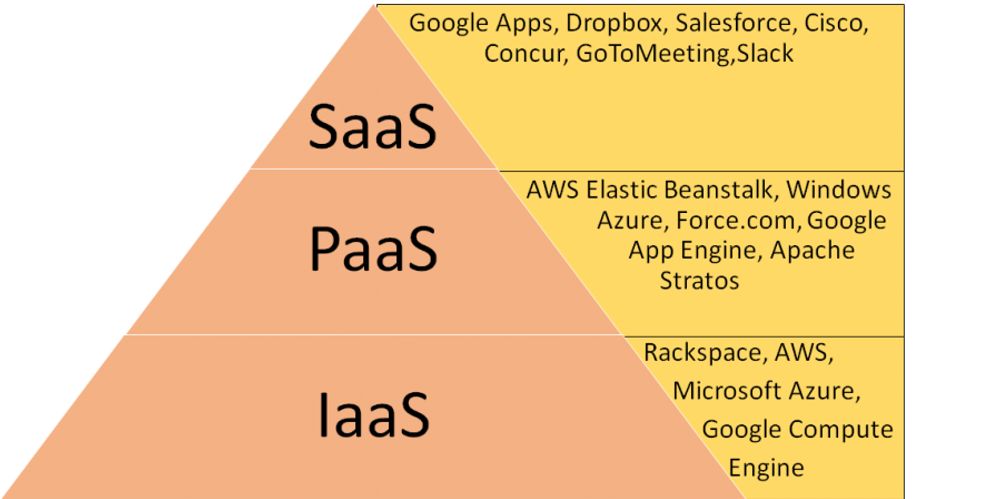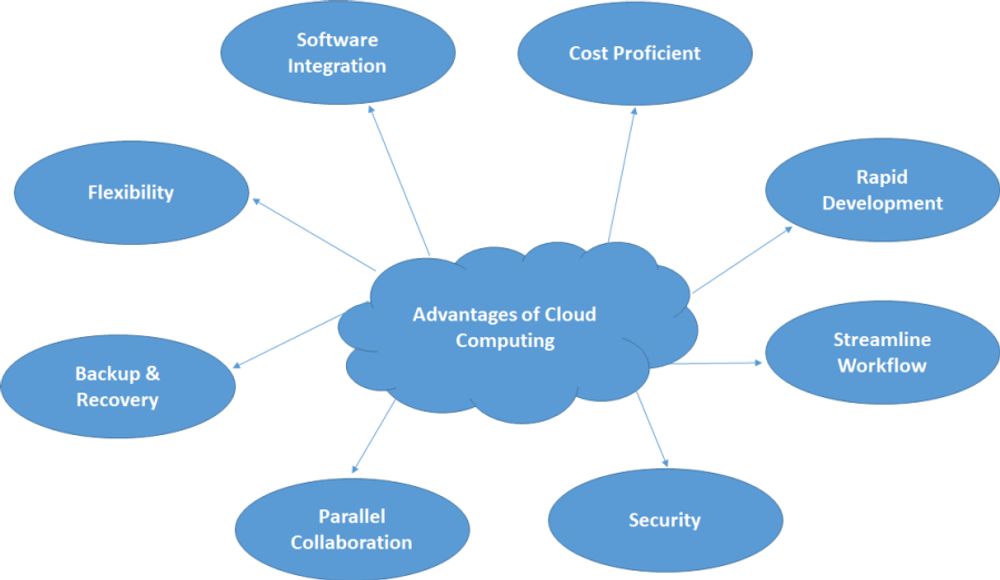

We live in an ever-changing world, and all businesses must adapt to new kinds of innovation which is why Digital Transformation is becoming a survival strategy. Cloud computing plays a critical part in this transition, acting as a catalyst for this shift. Currently, most companies should analyze their success via customer satisfaction. A cloud-enabled and cloud-delivered business model assists businesses in adopting innovative platforms to provide elevated client satisfaction by distinguishing its approach and offerings from existing market rivals.
Cloud computing is the procedure of maintaining, storing, managing, processing, analyzing, and securing data through the use of internet-enabled servers. Information is stored on the cloud rather than on physical machines which allow organizations to easily govern administrative, simplify operations, increase efficiency, reduce expenses, and boost the digital experience of their customer.
Cloud Service Models:

The cloud enables digital business transformation
To remain relevant and provide meaning to the organization each firm should adopt the digital transformation journey when it is necessary to convert their existing IT architecture into a modern one. Any enterprise should incorporate new kinds of technology that accelerate, streamline, and enhance business, such as AI technology, Machine Learning, Big Data, Data Analytics, and the Internet of Things (IoT), in addition to cloud solutions. Because these technologies need a large amount of processing power and storage space. Cloud Computing provides a way for integrating them.
Advantages of Cloud Computing:

Client behavior is evolving the dynamics of the world's digitization, which is why businesses must change and adapt to this digital world. Enterprises should make use of the benefits of cloud computing to build strong digital transformation frameworks. Cloud Computing facilitates development by providing a suitable set of APIs for coders.
Because the cloud offers analytics and low-code frameworks, it may be necessary for informed decision-making. This allows a firm to launch enterprise-ready products. Digital Transformation is critical for differentiating in a challenging market, boosting economic growth and usability, and revolutionizing the firm itself through boosting value proposition.
One thing is obvious cloud infrastructures' capacity to assist transformation projects. The cloud enables agility, access to a breakthrough analytics platform, and ready-made testing environments for the development and testing of new offerings and services. Enterprises may use it to manage their businesses, change their businesses, interact with clients, and enhance their employees' lives.
There are multiple options for going forward that the most difficult hurdles are defining the assumptions that underlie a cloud infrastructure, establishing how your organization will interact with it, and then executing it.
Your change is visible. The cloud is rising for it.




















